Curious to learn our list of top eCommerce product manager skills?
To flourish in a competitive industry like eCommerce, it is imperative to have an eCommerce product manager with the right skill set to drive your business towards the right path. An eCommerce product manager involves in key areas of the business, including strategic planning, product roadmap development, and its execution.
Nonetheless, becoming an eCommerce product manager is not an easy task. There are several skills one must possess to survive in this position in the long term.
This article discusses 10 essential skills that an eCommerce product manager must have.
To learn more via video, watch below. Otherwise, skip ahead.
1. Technical Skills
An eCommerce site or app is a system that connects several different components. such as the ordering system, shopping cart, payment system, and customer services. eCommerce product managers must know the technical aspects of these components. This includes understanding how these components connect to form the entire system as well as the APIs that the eCommerce company use and its corresponding deployment platforms and databases, among others.
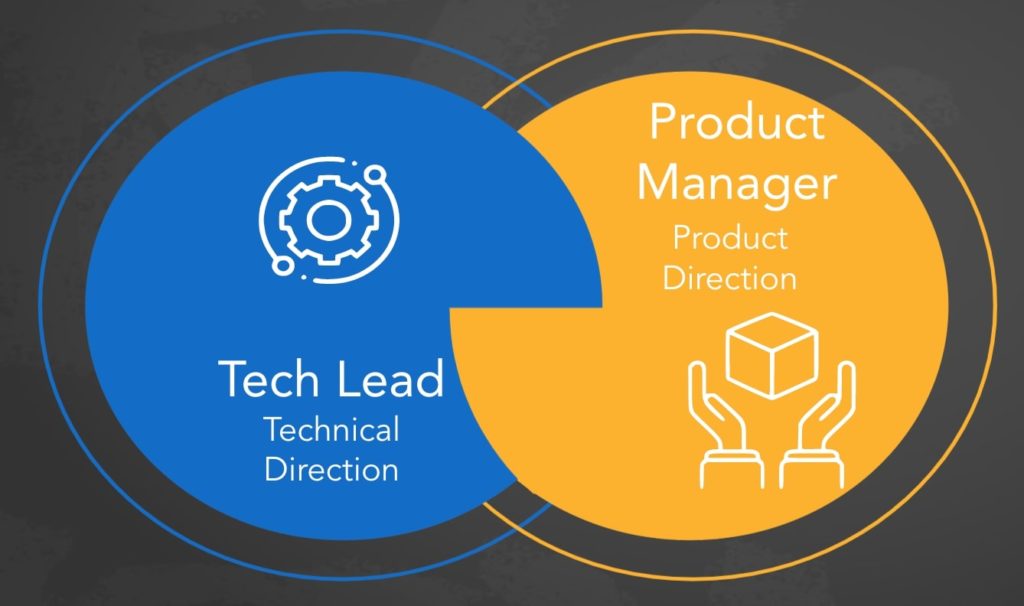
Likewise, the eCommerce product manager must know what front-end and back-end eCommerce platforms the company uses and know at a high-level the technologies associated with each software. For example, an eCommerce store that runs on Shopify requires a different operational approach compared to one that uses Squarspac or Magento. In addition, nowadays, having knowledge and skills in cloud computing is a plus to growing in your career as most of the eCommerce platforms are now operating on the cloud.
Apart from the technical details related to the product, it is also important to grasp other engineering and quality assurance(QA) concepts such as measuring the app performance, defining key business metrics, how to achieve scalability for growing user demands, etc.
Even though an eCommerce product manager does not need to be too technical, these basic technical skills help them understand the product, identify risks, raise issues as early as possible, and develop better solutions.
2. Communication and Collaboration Skills
Product management involves a lot of communication with several different teams and individuals like the project manager, engineering, QA, marketing, sales, operations, and IT departments. It’s important that you are all on the same page regarding the product.
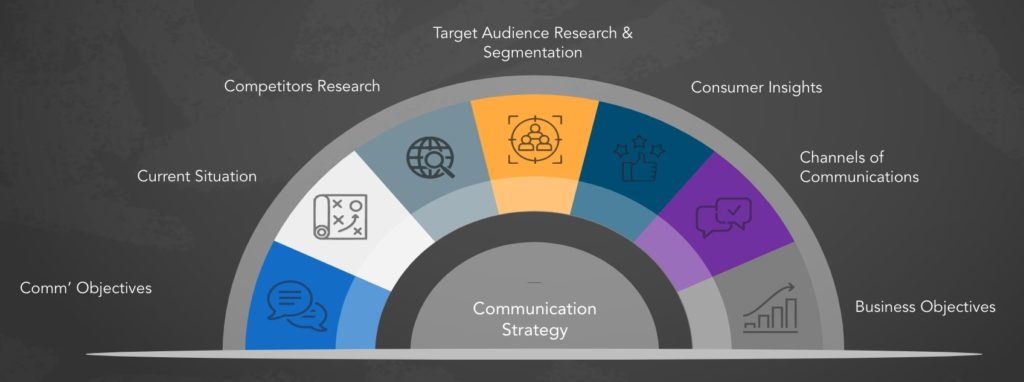
eCommerce product managers need to participate in and conduct numerous meetings and product demonstrations with customers and provide feedback. To convey your message, you need to know how to communicate in a language not specific to one type of audience. Still, in a way, everyone understands what your message is.
You also have to communicate with customers, understand what they want, and demonstrate what you offer through your sites. Thus, effective communication is one of the keys that help you achieve business goals.
In addition to having excellent verbal communication skills, having excellent written communication skills is a must because you need to communicate with your clients, engineering teams, and other executives through emails and chats. You must know the art of writing an email that is polite and concise but includes everything you want to explain.
Moreover, when and how to collaborate with teams for requirements such as brainstorming, retrospectives, etc. Outstanding collaboration brings out a sense of inclusion for everyone where you value everyone’s ideas, suggestions, and concerns.
3. Research Skills
Market research is an important operation of any company that tries to excel in its market position in the industry. Aspiring eCommerce PMs need to know how to perform market research, analyze market trends, identify changing customer requirements, etc. Here is a list of research skills an aspiring eCommerce PM needs to sharpen.
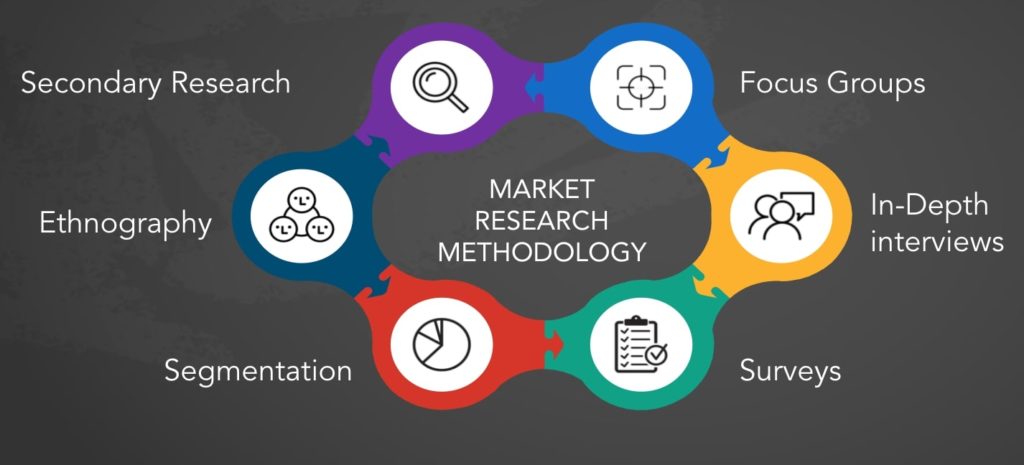
- Spot the latest technological trends and advancements in the market and identify avenues to incorporate them into the existing or new products
- Research the products and technologies of your competitors. Then analyze if there is a negative impact on your brand because of its competitiveness and develop strategies to mitigate the impact.
- Research and analyze customer feedback for your products by conducting surveys, distributing a questionnaire, and conducting short interviews. It helps understand what your customer likes, dislike, and any new features they want your product to have.
- New technologies and product recommendations that add value to the business
Overall, market research helps product managers to understand where gaps lie in enabling them to propose necessary improvements to the existing products as well as create innovative products. It supports them to stay competitive with other brands and maintain a commendable market position.
4. Data Analysis and Presentation Skills
Data analysis skills are essential to interpreting the different types of research discussed above. eCommerce product managers need to know how to analyze the data, identify hidden insights and use them to grow their products. Also, data analysis skills help them to plan out the initial product design and the product roadmap.
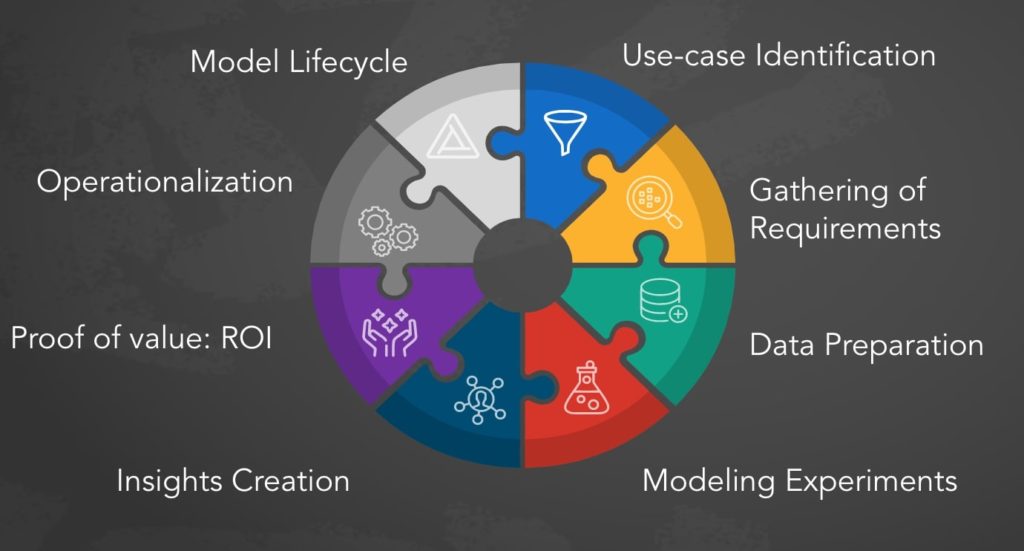
Some companies use analytics dashboards like Google Analytics to track traffic and other website metrics to understand site performance. To do that, they must know how to use these analysis tools and interpret the data.
Not only the research data, but also they need to know how to analyze technical data. For example, analyzing performance test results and determining if there is a problem with the application code, underlying infrastructure, or resources. Those analyses provide them with ideas to improve the app’s performance and scalability to accommodate the growing user demands.
They must know the data visualization using charts like bar charts, line charts, etc., to better explain the insights to a non-technical audience like customers and other stakeholders. They must know how to summarize the key findings and present them using PowerPoint slides and other techniques.
5. Prioritization Skills
Not every epic, user story, feature, or bug deserves the first and foremost attention. There is a priority for every task in the product roadmap. eCommerce PMs need to know how to prioritize the work that comes to them, addressing the most critical tasks and deprioritizing the less-important tasks into later stages.
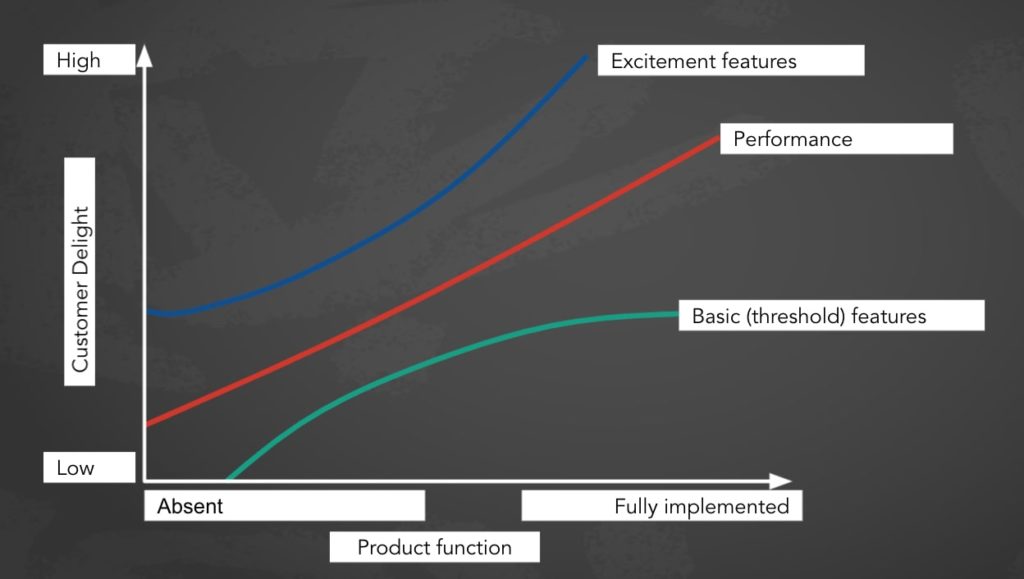
This prioritization is important to plan out the Minimum Viable Product (MPV) scope of the product roadmap. For example, if you find the initial planning does not meet the required deadline, deprioritize some work. To do that, you need to know the business priorities from the customers’ point of view.
This means that you need to know what customers’ major needs are, what they need but are not a priority, and what does not add value to them. Based on these facts, eCommerce product managers must plan the next phases of work and prioritize the work in the backlog.
In addition to that, there are incidents in production environments. eCommerce PMs must analyze the issues and set the right priority, which helps them to escalate those issues to the right team at the right time and get the problem solved.
6. Problem-Solving Skills
Some company product roadmaps go without any problem. However, as with many projects, unexpected problems arise, hindering the delivery goals. For example, some eCommerce PMs face human resourcing issues if team members provide their resignations, lack of budget, issues with technologies you choose, etc.
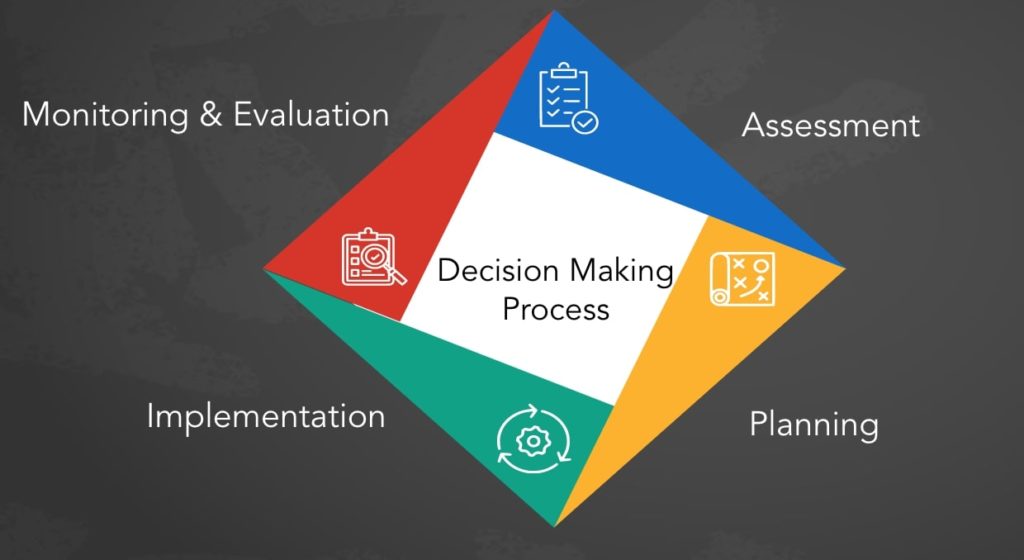
ECommerce product managers need to know the right approach to solve those issues in such situations. For example, you must know the people with the required expertise from whom you get advice to develop an effective solution.
Another thing to note is how you must face and handle difficult situations that affect your overall perception of yourself to others. For example, never try to blame others but try to find answers. Also, keep calm during difficult situations to avoid putting unnecessary pressure on yourself and others to face the problem with more confidence.
Experienced product managers know how to act during unexpected challenges. Thus problem-solving skills sharpen with the experience you get working on your projects by knowing actions cause damage and what helps you arrive at the correct and faster solution with a less negative impact on the projects.
7. Leadership and Team Management Skills
A product manager is in charge of several internal and external teams like engineering, QA, IT, operations, and networking teams. Therefore, many employees rely on you to make decisions on their behalf. They expect you to take the lead and manage them in many phases of the product development lifecycle. Leadership and team management skills are important for an aspiring eCommerce product manager to drive your team toward the end goal.
As an effective leader, you must listen to your team members without prejudice. While being a good listener, you must motivate others by being an example and a role model. You must also practice empathy towards others rather than criticizing them for their mistakes. This helps build trust about you among team members as a person on whom they rely whenever they face any project-related issue.
8. Strategic Thinking Skills
Apart from problem-solving skills, eCommerce PMs also need to possess strategic thinking skills to overcome complex problems, risks, and issues that come along the way. It is essential to have an analytical mind to develop intuitive solutions for those complex problems without affecting the project delivery goals. Your strategy for complex problems helps develop innovative solutions that add value to the products.
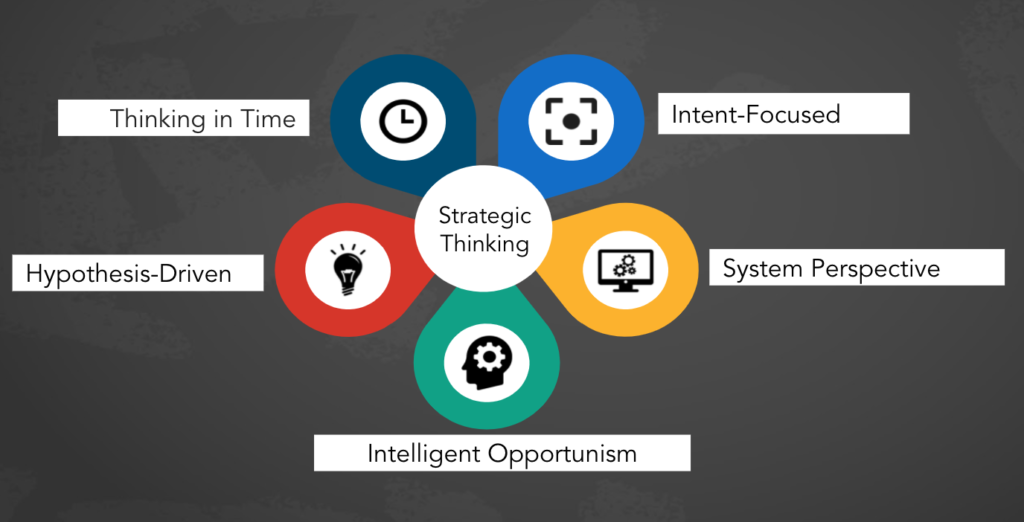
Strategic thinking is also essential in defining the product strategy and developing the product roadmap. If you anticipate problems, issues, and risks beforehand, it helps develop a more realistic product roadmap. Also, strategic thinking is asking the right question at the right time to have a clear vision for your projects.
9. Delegation Skills
As an eCommerce product manager, doing everything on your own is impossible. At times, there is a heavy workload on your shoulders. To lift that weight off, you must know how to delegate work and finish it as fast as possible, preserving the work quality.
Also, as an eCommerce PM, several teams are working under you, and there are several different jobs you need to achieve. Others often rely on you to decide which tasks they need to work on. Thus, you need to know how to prioritize work and delegate the right tasks to the right team. In addition, there are situations where you need to go on unplanned leaves. In such a situation, you must know who to hand over the critical tasks you have been working on.
With that being said, not every PM is good at delegating work. If you fail to delegate in the right manner, there are delays in tasks affecting other dependent work. Thus, you need to know your team members’ technical backgrounds, experience, and abilities so that it is easy for you to delegate the work to the right person. Then define the clear objectives for your delegated work, and monitor and review their work.
10. Budget Management Skills
The budget is an important part of product management because it determines the number of products or features you deliver at a time. An eCommerce PM needs to manage the budget among the available resources and prioritize projects. Most important projects require a higher budget and people with advanced technical skills, while minor projects require only a small team with a limited budget.
Thus, even though they do not involve in determining the budget, they do need to know how they distribute the budget among different projects to understand the revenue they must expect for the business as a whole.
There are some ways to improve your budget management skill. For example, financial analysis determines if the team is using the budget as expected and if there are any gaps in budget and delivery goals.
Also, analyze and present the income vs. budget during stakeholder meetings to convey where you are heading, allowing them to understand the actual project status. For these analyses, you need to know how to use budget management software so that it is easy to present them and do the visual explanation.
